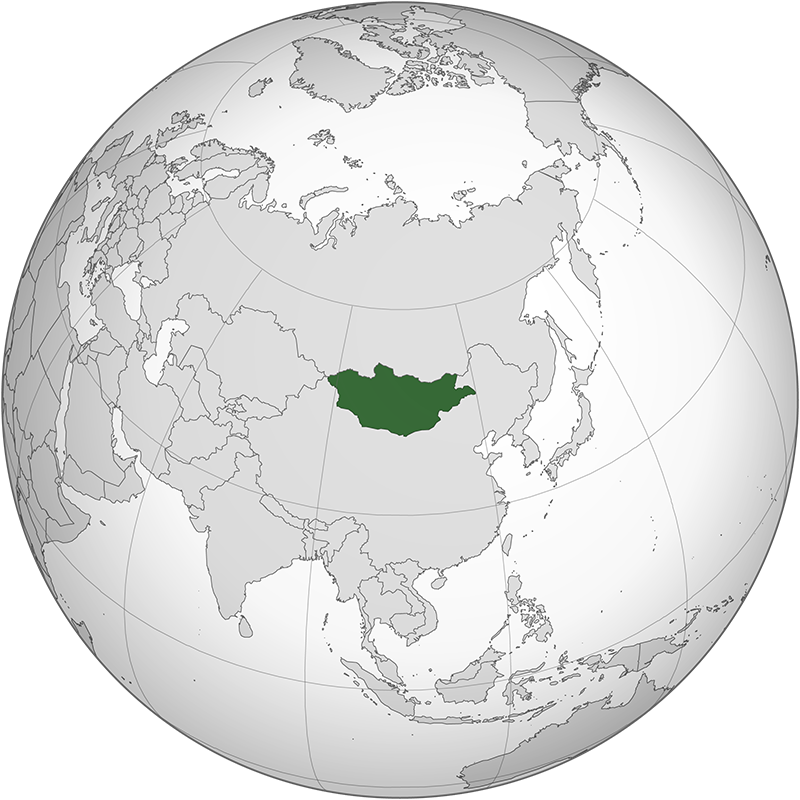
- Population:
- 3,476,000
- Religion:
- Buddhism
Mongolia was home to nomadic tribes before the rise of the Mongol Empire under Genghis Khan in the 13th century. It later came under Chinese rule before declaring independence in 1911 and establishing a communist government in 1924. After transitioning to democracy in 1990, Mongolia has focused on economic growth, primarily through mining and trade.
Mongolia is a landlocked country in East Asia, bordered by Russia to the north and China to the south, east, and west. Covering an area of approximately 1.56 million square kilometers, it is the world's 18th-largest country. Mongolia has a population of about 3.3 million people as of 2023, making it the most sparsely populated sovereign nation. The capital and largest city is Ulaanbaatar. The official language is Mongolian. Mongolia operates as a semi-presidential representative democratic republic. The economy is based on mining, agriculture, and tourism, with significant mineral resources including coal, copper, and gold. Mongolia is known for its vast steppes, nomadic culture, and historical legacy as the heartland of the Mongol Empire led by Genghis Khan. The country is a member of international organizations such as the United Nations, the World Trade Organization, and the Asian Development Bank.






